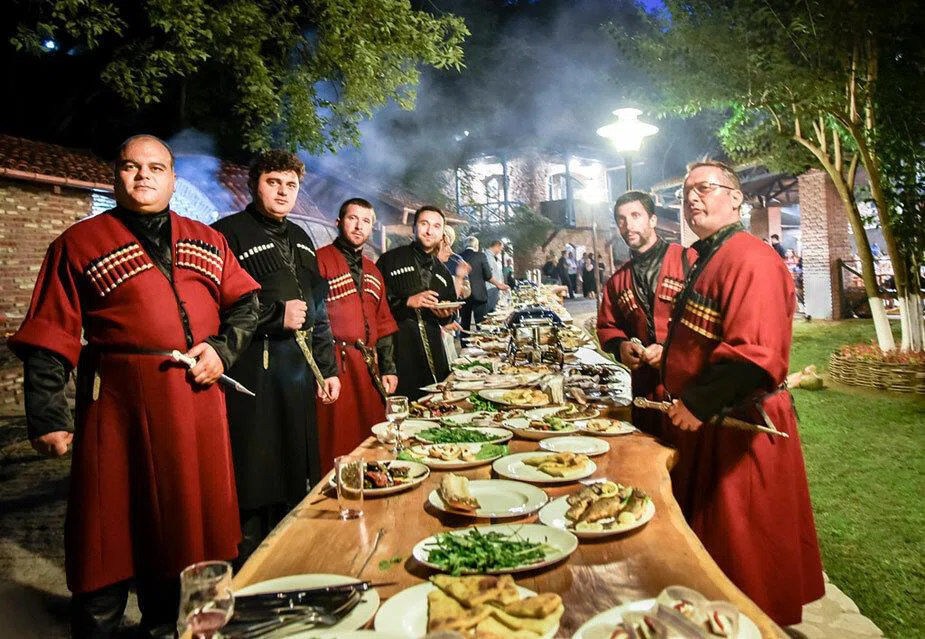
What beautiful Georgian surnames tell about - find out about the most common names and surnames of Georgia
A real Georgian surname can tell a lot about its bearer. The origin of generic names. What the endings of surnames say. A list of the most beautiful and popular surnames in Georgia.
Find out what the Georgian surname says⬇️
The surname is a generic name, it indicates that people belong to the same family. In Europe, they have been used since about the 10th century. First in Italy, France, England, then in other countries.
Generic names in Georgia appear in 7-8 centuries, that is, earlier than in Europe. They are quite easy to distinguish from any other. They stand out with a beautiful sound, original structure: root + special suffix-ending.
History of origin
Beautiful Georgian surnames often come from the baptismal name of a person given at birth (Nikoladze, Davitashvili, Ninoshvili). By analogy, Narimanidze appeared from the Muslim (more often Persian) name.
A generic name could be formed from a person's title, nickname or profession: Eristavi — the steward;
Japaridze — the postman;
Gverdtsiteli — Red side.
Sometimes it is based on the social position of the genus — Dekanozishvili. Surnames megrelian rulers they often ended in "-ani", for example, Ahvelidiani.
Since the 13th century, most often the basis is the names of the locality where the family lived — Eristavi, Oseti, Chinati, etc. So, many residents of the village near the Tsereti fortress bear the surname Tsereteli. For knowledgeable people, it's like Warsaw or St. Petersburg for Russians, for example.
Sometimes the origin of the surname is not so clearly expressed. For example:
- Dzhugashvili;
- Kavtaradze;
- Vachnadze;
- Gaprindashvili;
- Khananashvili , etc.
The surname Amilakhvari is considered very rare, in this case there is no suffix. Its roots go back to Persia, and it is found in the east, in the mountainous part of Georgia.
Since in the old days the country was divided into western and eastern parts, the surnames in these regions differ in endings.
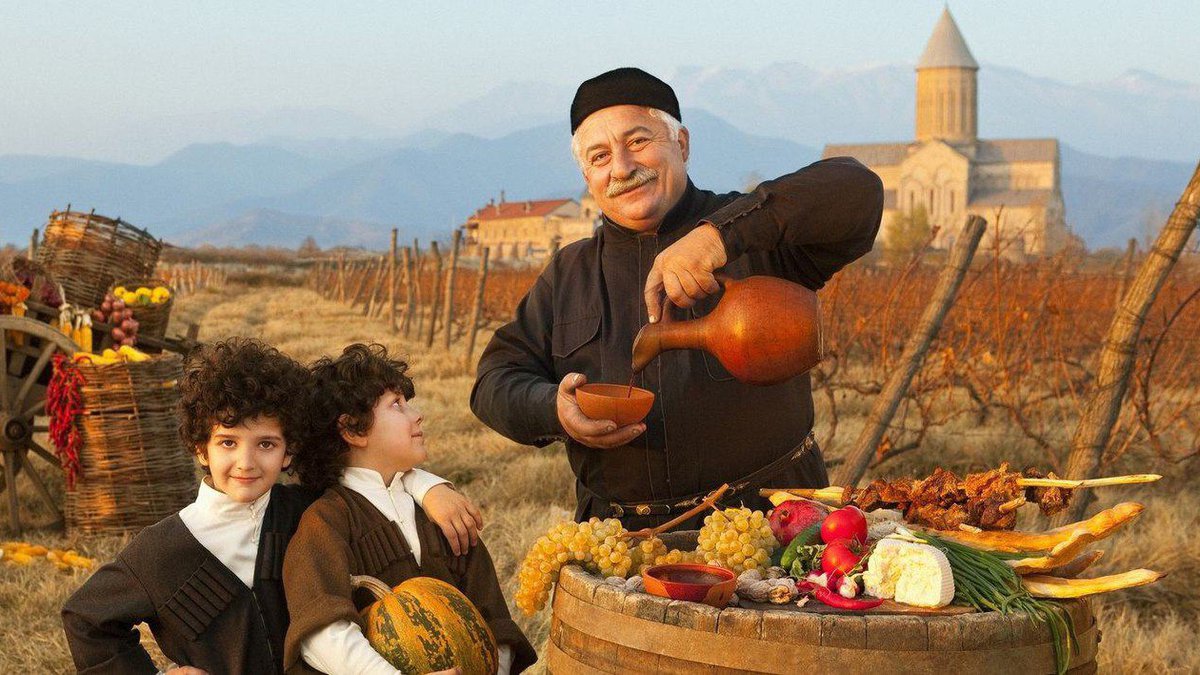
Russified Georgian surnames
In 1783, the Treaty of St. George was signed — an agreement on the transfer of Kartli-Kakheti under the patronage of the Russian Empire.
Since that time, the partial Russification of the generic names of Georgians begins. The original suffixes-endings began to be replaced by the more familiar for Russian "-s, -ev": Tsitsishvili — Tsitsianov;
Gabashvili — Gabaev;
Batashvili – Baratov.
But over time, they were reworked again, approaching the Georgian version. In such cases, there are endings of "-ovi, -evi": Barataevi, Tarkhanovi.
Sometimes the root was translated into Russian: Kartvelishvili—Georgian.
The structure of the surname
Its basis, the root, is something that is of great importance for the characteristics of the family, the genus. Sometimes there is a prefix "M": Mdivani (clerk).
But the most important thing is the suffix (ending). You can call this part of the speaker, it tells you what part of the country a person comes from. But it is not always accurate, because many families moved around the country, changed their place of residence. But it is possible to determine the roots of a person.
At the end, nobility is sometimes determined.
There are a lot of suffixes-endings, because the Sakartvelo very diverse. The most common are "-je" and "-shwili". These are practically synonyms, meaning "son" and "child, descendant" in translation.
Geography of distribution
As already mentioned, in different parts of the country generic names differ in endings (suffixes).
West
In the Western regions of Georgia, surnames most often end in "-dze" — son. They are especially common in Imereti, Guria,Adjara. Sometimes they are found in Racha-Lechkhumi and Kartli.
This ending is comparable to the patronymic — "-ovich". For example: Mikhail Nikolosis dze is the son of Nikoloz. The surname then may sound like Nikoladze. And the patronymics of Georgians are used extremely rarely.
In Racha-Lechkhumi, the endings of "-ate" are common: Mitreveli, Rustaveli.
In Megrelia, there is an analogue of the eastern "-shvili" — this is "-skua, -skua": for example, Kuraskua.
Many surnames of Megrels and Abkhazians end in "-ia, -ia, -ua, -aya, -va, -uri": Beria, Danelia, Gurtskaya, Shengelaya, Gogua, Sulakauri, Gulia, Uphazuri. At the same time, it is possible to accurately determine the origin — Abkhazia or Megrelia — only by the root. This is subject only to the present a connoisseur of Georgian history and anthroponyms.
The ending "-ava" also belongs to the Megrelian: Okudzhava, Lekhava. It is believed that it corresponds to the Slavic "-ski".
Sometimes there is a suffix "-chkori", which means "servant".
Less commonly used are "-skiri, -skiria, -kva": Tsuleiskiri, Kwekveskiri, Gelekva.
But the Laz peoples have surnames ending in "-shi, -enti, -onti". For example, Tugushi, Zhgenti. Occasionally — on "-ba".
Among the peoples mountain Svaneti — on "-ani": Hergiani.
The suffix "-nti" (Glonti) is rare here, although it also comes from Svaneti.
Eastern Georgia
The surnames of Eastern Georgians have the suffix "-shvili" (child, descendant). For example, Aslanikashvili is a descendant of Aslan. They are most common in Kartli and Kakheti.
But if the letter "a" — "-ashvili" is added to the suffix, then this is a surname of non-Kartvelian origin. These are more common in Georgian Jews.
Sometimes there is an ending "-iani". The nicknames of noble families often have the same. For example, Dadiani, Dadeshkeliani
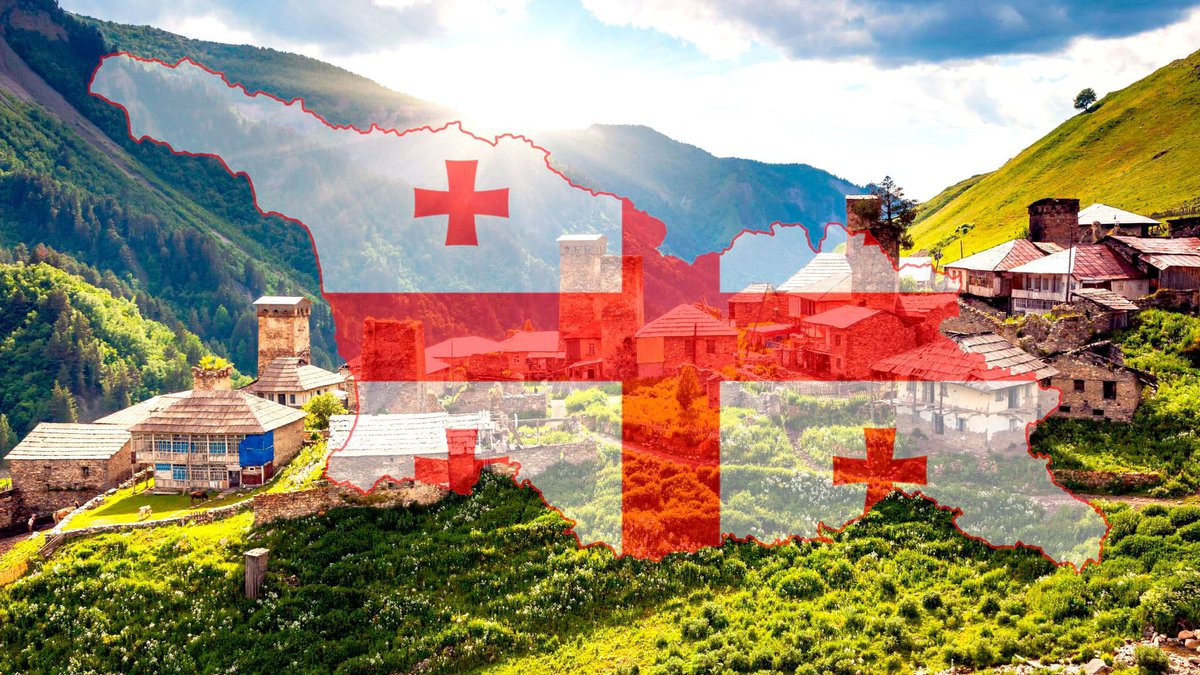
Rare endings
Sometimes the Georgian ones include Greek, with the ending "-iki, -go": Andriadi, Kandelaki.
Rare endings: "-ari, -iri, -zi, -bi, -asi, -avi, -ki":
- Khavtasi;
- Abkhazians;
- Mujiri.;
- Emuhwari.
Sometimes the surnames of Pontians, which end with the particles “-idi” and “-adi”, as well as “-iki” and “-aki", are mistakenly considered to be native Georgian surnames. For example: Romanids, Candelacs and Homericas. They also do not need to be attributed to Slavic surnames with a characteristic ending “and”.
The most popular surnames
Statistics say that the most common ones are those that end in "-dze".
The second place is taken with the ending in "-shvili".This is invariable. And then, in different years, the picture changes.
Most often , the top five include:
- uri;
- uli;
- iani.
For many years, the most popular surname in Sakartvelo is Beridze, followed by Kapanadze and Gelashvili.
| Andronikashvili | Kalandarishvili | Nogaideli |
| Antadze | Karchava | Onashvili |
| Asatiani | Kikabidze | Parkaya |
| Asmogulia | Lolua | Zguladze |
| Berdzenishvili | Lomidze | Cyclauri |
| Vachianidze | Maysuradze | Tsirgvava |
| Gverdtsiteli | Metreveli | Chavadze |
| Davitashvili | Meladze | Chiaureli |
| Dzidziguri | Minassali | |
| Duduchava | Мирилашвили |
Declension of the Georgian surname
There are constant disputes about this, there are no clear rules. Linguists advise not to incline. Or ask the bearer of the generic name how it is pronounced correctly in this or that case.
In Russian , it is customary to incline Georgian surnames if they end:
- on "a" after consonants — Okudzhava — Okudzhave;
- for unstressed "I", if there is another vowel letter in front of them: Beria, Danelia;
Do not incline:
- if the surname of a woman and a man sounds the same, for example, Gurtskaya;
- with the ending in "-a", if it is preceded by a vowel letter — Gamsakhurdia, Gulia, Galua.
Despite the popular misconception, surnames that coincide with common names are inclined according to grammatical rules. For example: To Nikolay Mukha and Bulat Okudzhava.
Thus, each specific case of declension of Georgian surnames should be carefully analyzed to avoid mistakes. Georgian surnames obey the basic laws of grammar and linguistics, so you should not trust the common erroneous rule “all Georgian surnames are not subject to declension”.


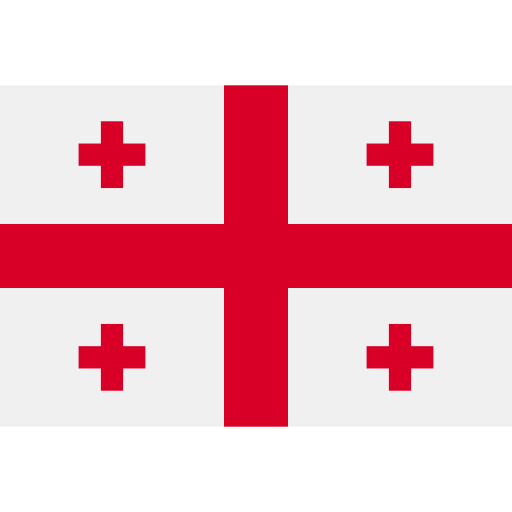

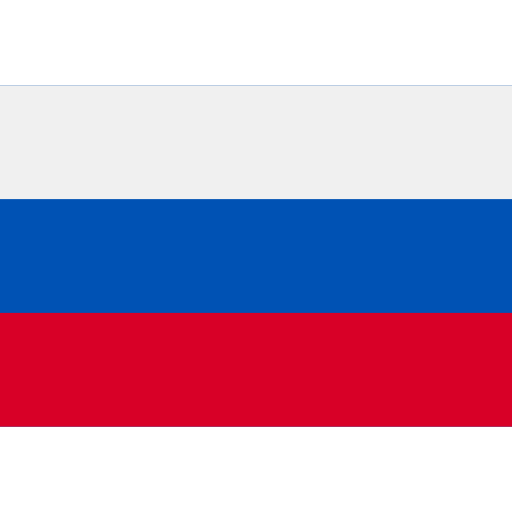

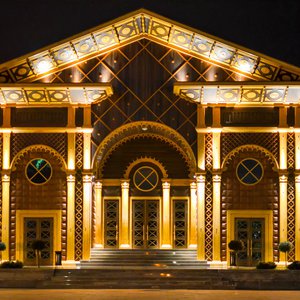







22 comments
Log in to leave a comment
Два раза перепрочитала как склонять фамилии, но там все так намудренно, слишком трудно:)
Мне было интересно узнать о том, как образуются грузинские фамилии. Оказывается, что в Грузии немало разных окончаний в зависимости от региона проживания. А я-то привыкла, что грузина можно определить по окончанию «швили».
Полезно узнать, как они склоняются. Хотя честно, запомнить и разобраться нелегко.
Furthermore, Georgian surnames frequently incorporate patronymics, where a person's father's name is used as a component of their surname. For example, the suffix ""-dze"" denotes ""son of"" in Georgian. This convention highlights the importance of familial ties and ancestry in Georgian culture.
Exploring beautiful Georgian surnames is like delving into a tapestry of history and identity. The names evoke a sense of pride and belonging, carrying the legacy of generations. From the majestic mountains to the fertile valleys, Georgian surnames capture the essence of the country's diverse landscapes and the spirit of its people.
Whether you come across a Georgian surname ending with ""-shvili,"" ""-dze,"" or other distinctive suffixes, each name tells a story of the individual's heritage. Discovering these names opens a window into Georgian culture, revealing the deep-rooted traditions and values that have shaped the nation over time.
In conclusion, Georgian surnames offer a glimpse into the vibrant tapestry of the country's history and culture. They reflect the richness of Georgian traditions, familial bonds, and regional identities. Exploring these beautiful surnames is not only a linguistic journey but also a celebration of Georgia's heritage and the diverse stories embedded within its people."